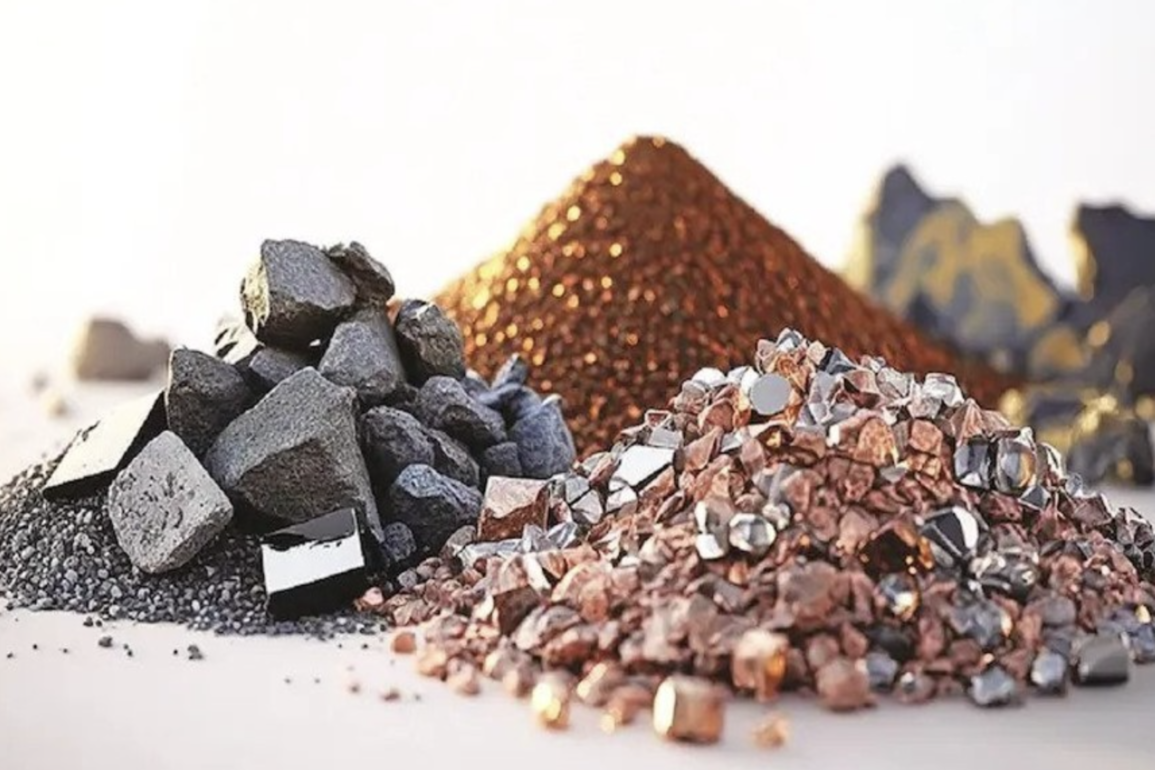At a conference in New York, Patrick Muyaya, the Democratic Republic of Congo’s communications minister, tried to set the record straight on why the West keeps fumbling in Africa. “You cannot look at Africa with American eyes,” he said, during Semafor’s Next 3 Billion Summit. The remark landed somewhere between diplomatic advice and a weary parent explaining, yet again, why the toddler shouldn’t eat glue.
“That’s why Western countries are losing space,” Muyaya added. “China is getting more space. Not because we don’t want to work on democracy on all those things, but those cannot be the first condition.” Translation: if you want cobalt, kindly park the lectures at the door.
The timing was awkward. The United States has been trying—unsuccessfully—to broker peace between the DRC and Rwanda. In June, the two countries signed an agreement. Fighting in eastern Congo, however, where Rwanda-backed M23 rebels continue battling Kinshasa’s forces, has been stubbornly unimpressed by the paperwork.
At the summit, Muyaya placed the blame squarely on Rwanda. Kigali, he said, has denied ties to M23 while quietly fueling the rebellion. What Washington should do, in his view, is less mediation-by-press-release and more good old-fashioned pressure.
“We are very close to peace, and we are very close to the war at the same time,” Muyaya explained, sounding like a man trying to describe his relationship status on Facebook. Still, he praised U.S. involvement as a positive. “One thing is what they [Rwanda] can say diplomatically, but the situation on the ground requires, I think, more pressure from the American administration.”
In case anyone forgot why Congo’s voice matters, Muyaya pointed to the Lobito Corridor, a multibillion-dollar U.S.-backed rail project running from Angola’s coast into Congo and Zambia. Washington has framed it as a geopolitical counterweight to China. Muyaya called it a “gamechanger,” a label usually reserved for iPhones, not railroads.
The European Union also joined the tracks-and-minerals party in June, pledging nearly $1 billion. With Congo producing the world’s largest supply of cobalt and coltan—the metals that make electric cars hum and smartphones buzz—the minister didn’t need to remind his audience that their devices were, quite literally, powered by Congolese dirt.
For now, the message from Kinshasa is simple: the minerals are here, the deals are here, but leave the “American eyes” at home.




